Peanut butter has long been a popular treat for humans, and many pet owners wonder if their bunnies can also enjoy this creamy spread. Unfortunately, the answer is not as straightforward as a simple yes or no. While peanut butter does offer some potential benefits for rabbits, it also poses several risks to their health.
In this comprehensive guide, we will explore the world of rabbit nutrition and discuss the effects of peanut butter consumption on their well-being. From its nutritional makeup to alternative treats, we’ll cover everything you need to know before giving your bunny a taste of this beloved spread.
>> READ MORE:
- Can Rabbits Eat Hamster Food? A Comprehensive Guide
- Can Hamsters Eat Cucumber? A Comprehensive Guide
- Can Hamsters Eat Strawberries? A Comprehensive Guide to Strawberry Safety for Your Furry Friend
- Can a Bath Kill a Hamster? A Comprehensive Guide to Hamster Bathing
The Risks of Peanut Butter for Rabbits
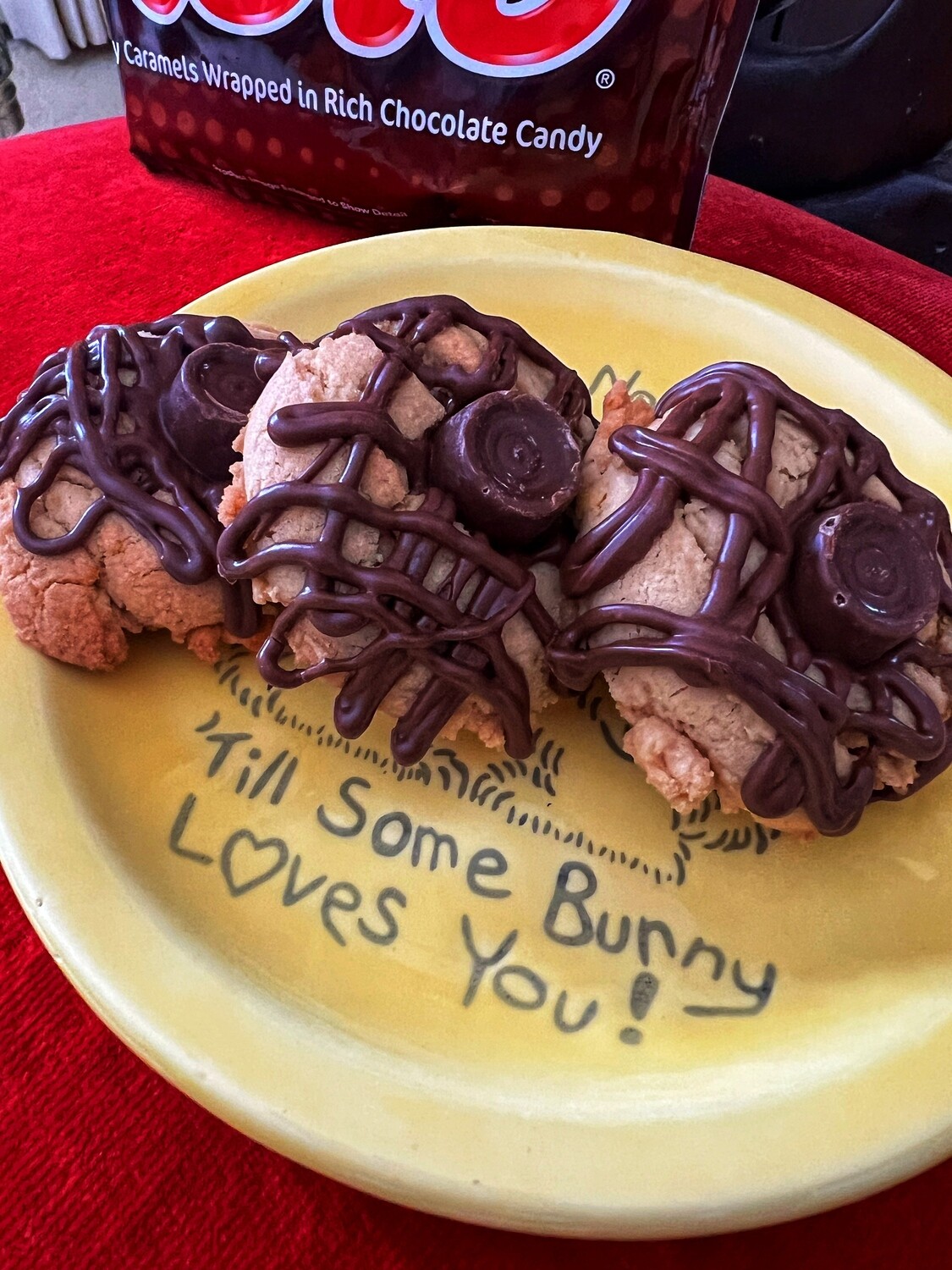
Before diving into the specific components of peanut butter and how they affect rabbits, it’s essential to understand the potential risks associated with this treat. One of the biggest concerns with feeding peanut butter to bunnies is the risk of choking. As small animals with delicate digestive systems, rabbits are prone to choking on chunks of food, especially those with sticky textures like peanut butter.
Additionally, peanut butter contains high levels of fat, which can be problematic for rabbits. Their diet should consist mainly of hay and fresh vegetables, with only small amounts of fruits and treats. Adding calorie-dense foods like peanut butter can lead to obesity and other health issues in rabbits.
Another risk to consider is the potential for allergies. Some rabbits may have allergic reactions to peanuts or other ingredients in peanut butter, leading to symptoms such as itching, sneezing, and gastrointestinal upset.
Nutritional Considerations: What Peanut Butter Offers and What Rabbits Need
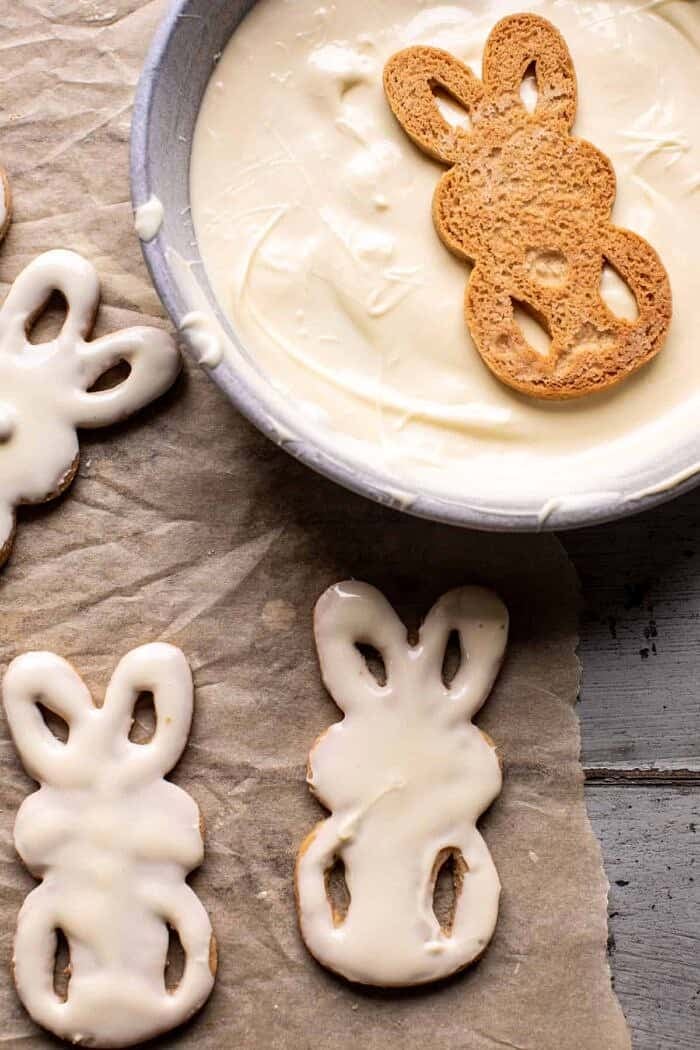
To determine whether peanut butter can be a beneficial addition to a rabbit’s diet, we must first examine its nutritional makeup and compare it to what rabbits require. Peanut butter is primarily composed of protein and fat, with essential nutrients such as vitamins and minerals.
Protein
Protein is crucial for any animal’s diet, including rabbits. It helps with muscle growth and repair, as well as supporting a strong immune system. However, too much protein can be harmful to rabbits, so it’s essential to provide it in moderation. A rabbit’s diet should consist of approximately 12-14% protein, while peanut butter contains around 25%.
Fats
Peanut butter is mainly composed of monounsaturated and polyunsaturated fats, which are considered healthy sources of fat. These fatty acids can help support heart health and contribute to overall well-being. However, rabbits do not require a significant amount of fat in their diet, and too much can lead to obesity and other health issues.
Vitamins and Minerals
One of the most notable benefits of peanut butter is its high levels of essential vitamins and minerals. Vitamin E, a potent antioxidant, can help boost a rabbit’s immune system and protect against free radicals. Peanut butter also contains vitamin B3, critical for energy production in rabbits. However, these vitamins and minerals can also be found in other foods that are safer for rabbits to consume.
To summarize, while peanut butter does offer some beneficial nutrients, it also contains high levels of protein and fat, which can be problematic for rabbits. Additionally, these vitamins and minerals can be acquired from other sources without risking potential health issues.
Alternative Treats for Your Bunny
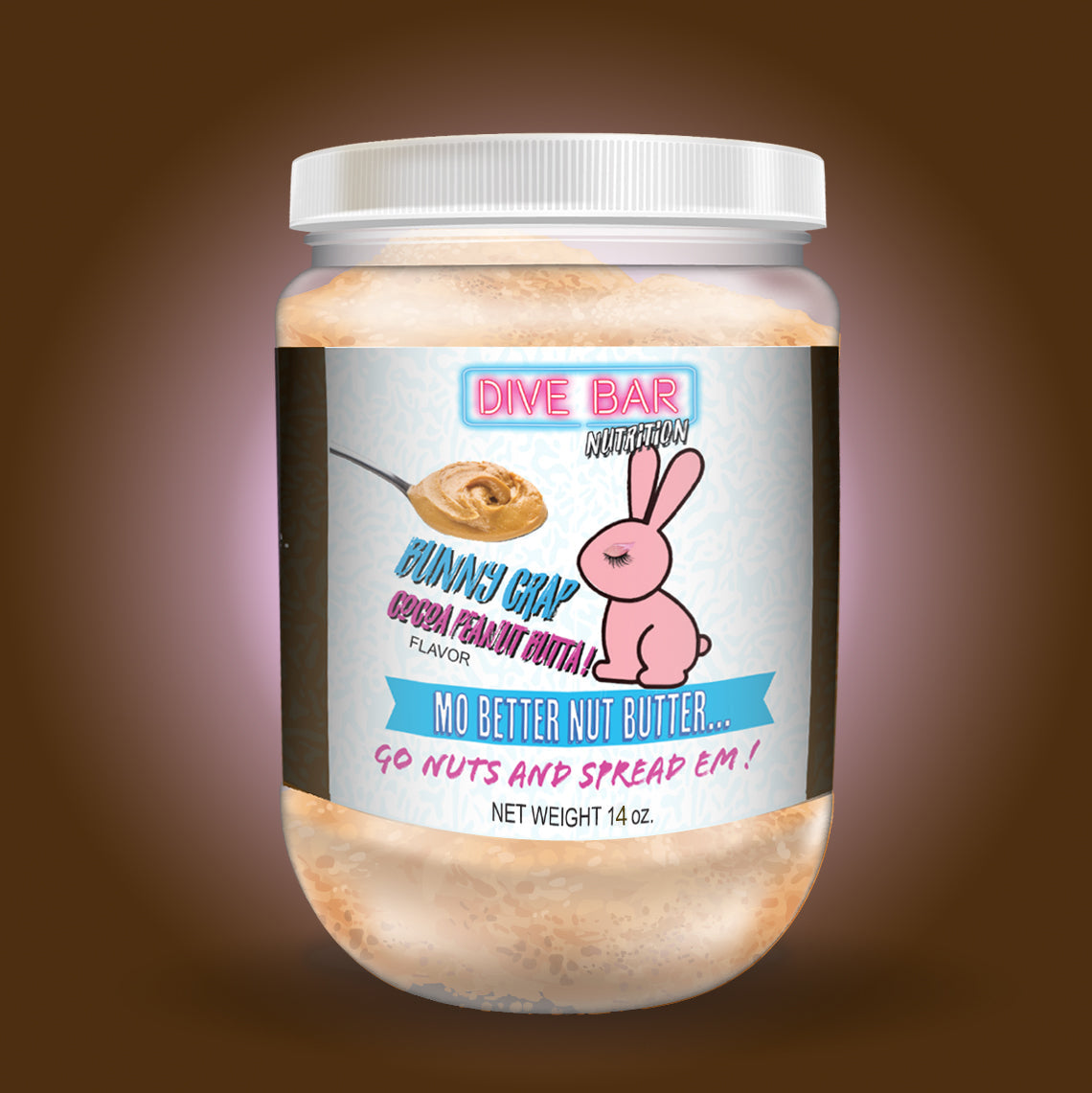
If you’re looking for a safe and healthy way to treat your bunny, there are plenty of alternatives to peanut butter that can satisfy their cravings. The key is to choose low-calorie treats that are high in fiber and suitable for rabbits’ digestive systems. Here are a few options to consider:
- Fresh fruits and vegetables: These should make up the majority of a rabbit’s diet, but they can also serve as a delicious treat. Some safe options include carrots, apples, and leafy greens like lettuce and spinach.
- Timothy hay cubes: These compressed cubes of timothy hay are an excellent source of fiber and are suitable for rabbits to chew on.
- Oat bran: A small amount of oat bran can be sprinkled over your bunny’s food for a tasty and nutritious treat.
- Papaya tablets: These supplements are made from dried papaya and can help with digestion in rabbits. They also serve as a delicious treat for them to nibble on.
Remember to introduce any new treats slowly, and always monitor your rabbit’s reaction to ensure they do not have any adverse effects.
Signs of Peanut Butter Toxicity in Rabbits
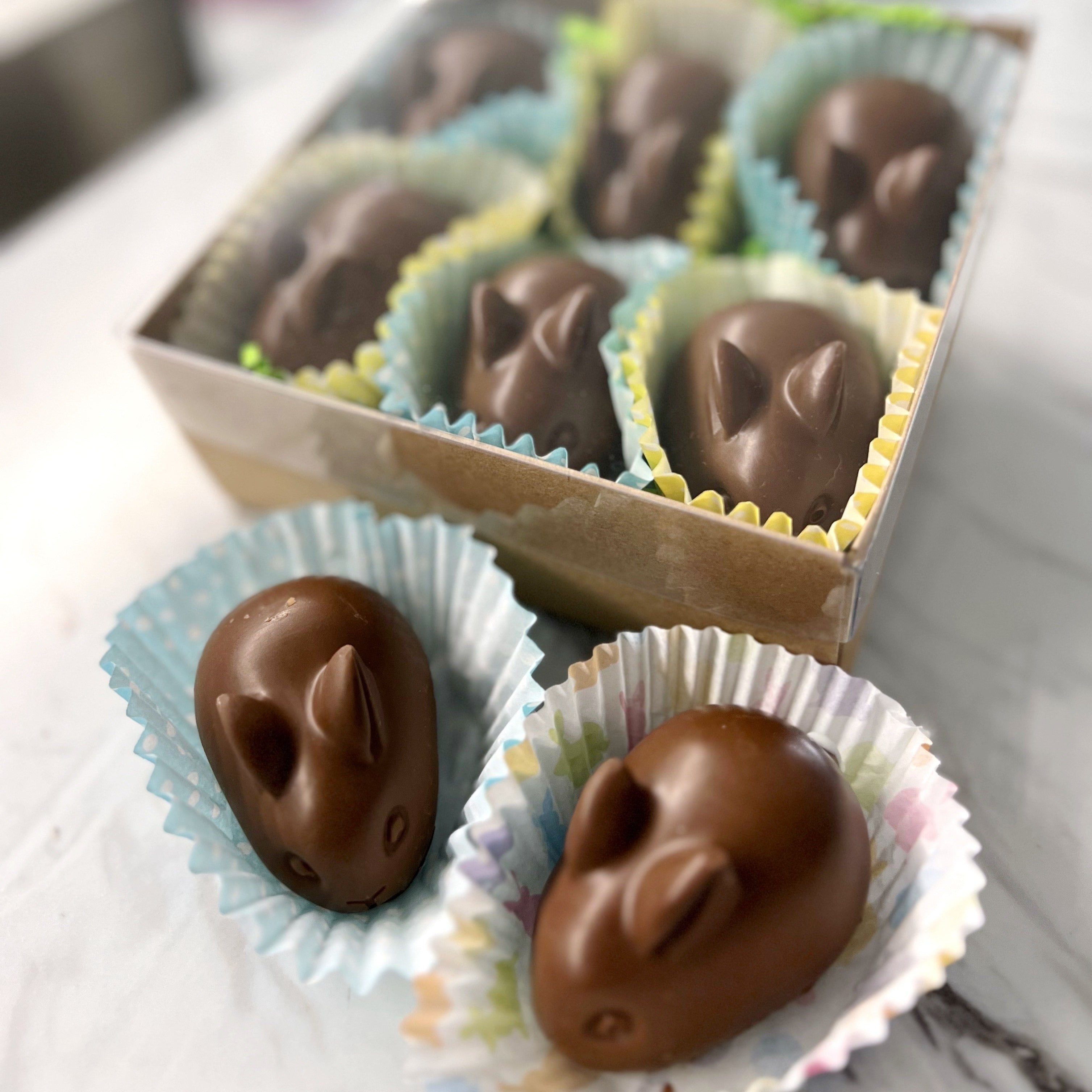
As mentioned earlier, some rabbits may have allergic reactions to peanut butter or other ingredients present in it. It’s essential to know the signs of peanut butter toxicity in case your bunny accidentally consumes some. Some symptoms to watch out for include:
- Difficulty breathing or wheezing
- Swelling around the mouth or face
- Gastrointestinal upset (diarrhea, vomiting)
- Lethargy or weakness
If you notice any of these symptoms, it’s best to contact your veterinarian immediately for further guidance.
Consult Your Veterinarian: Ensuring Your Bunny’s Safety
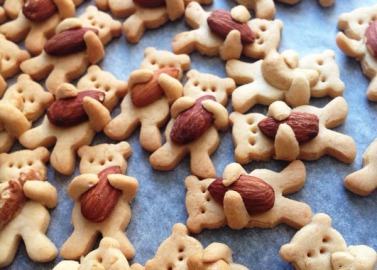
While this guide provides helpful information about the potential risks and benefits of feeding peanut butter to rabbits, it’s crucial to consult with your veterinarian before making any changes to your bunny’s diet. Each rabbit is unique, and their individual needs should be taken into consideration before introducing any new foods or treats.
Your veterinarian can provide personalized advice based on your bunny’s age, health condition, and any potential allergies or sensitivities. They can also recommend safe alternatives to peanut butter that will still satisfy your bunny’s cravings without putting their health at risk.
Conclusion
In conclusion, while peanut butter may offer some nutritional benefits for rabbits, it also poses several risks that should not be taken lightly. From choking hazards to potential allergies and its high levels of protein and fat, peanut butter should not be a regular part of a rabbit’s diet. Instead, opt for low-calorie, high-fiber treats that will keep your bunny satisfied without compromising their health.
Remember, always consult with your veterinarian before making any changes to your rabbit’s diet, and monitor their reaction to new treats carefully. With proper nutrition and care, your bunny can enjoy a happy and healthy life without having to indulge in potentially harmful foods like peanut butter.

